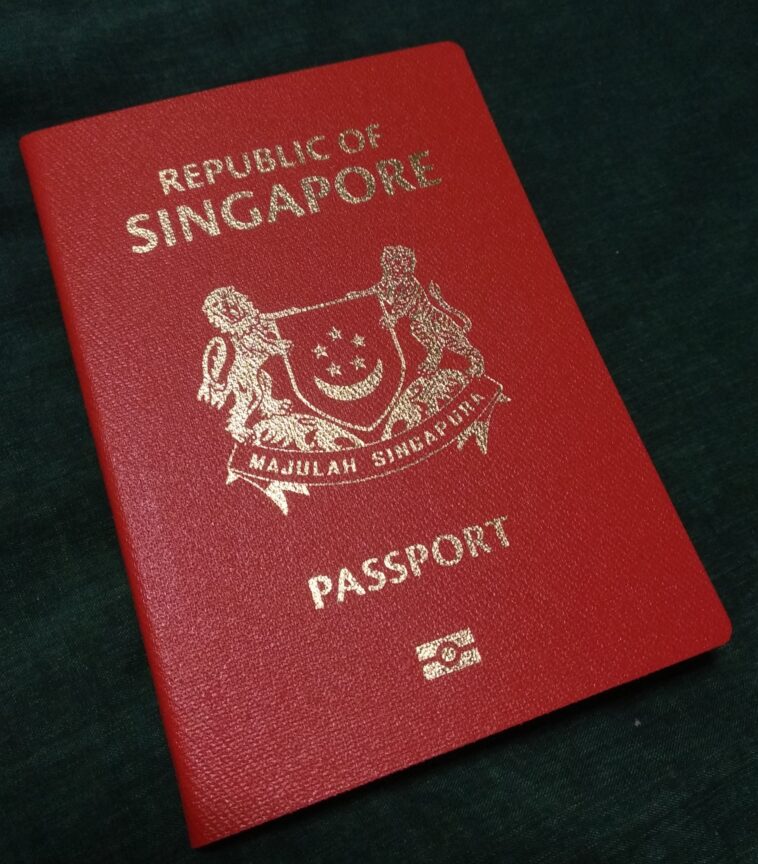According to the report published by London-based immigration consultant Henley & Partners, Japan slid to third place after five years at the top due to a decrease in the number of countries that its passport can travel without a visa.After holding the number one spot for over a decade, the United States is now ranked seventh. The UK, which had fallen to sixth due to Brexit, rose to fourth, a position it last reached in 2017.After holding the number one spot for over a decade, the United States is now ranked seventh.
Also Read:-Ben Stokes feels rain forecast for fourth Test might help England
The UK, which had fallen to sixth due to Brexit, rose to fourth, a position it last reached in 2017.Singapore is a haven for the wealthy, and the recent surge has been fueled by concerns over geopolitical tensions and a crackdown on private enterprise in China. Obtaining the city-state’s travel document, however, is a difficult task. About 23,100 persons were awarded citizenship in the country of 5.6 million in 2017, and authorities ruled out doing so on the basis of individual net worth earlier this year.In order to compile its list, Henley uses information from the International Air Transport Association. This passport index uses a different approach than the one used by the financial advisory firm Arton Capital, which ranked the United Arab Emirates first in the world in 2017.





